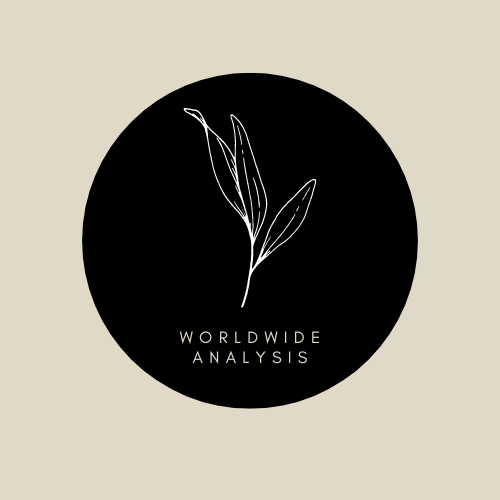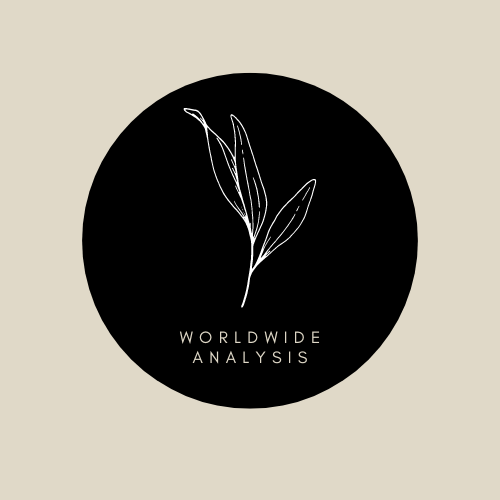Money laundering refers to the illegal process of making huge sums of money generated by criminal activities, such as terrorist funding and drug trafficking, appear to have come from a legitimate source. Thus, the surging cases of money laundering, primarily on account of the rising penetration of the internet and increasing use of virtual currencies, will create a huge requirement for anti-money laundering (AML) software in the forthcoming years. Moreover, the escalating use of online banking services, such as digital payments, will amplify the need for AML software and associated services in the foreseeable future.
Additionally, the toughening government regulations regarding money laundering will facilitate the anti-money laundering market growth during 2021–2030. According to P&S Intelligence, the market generated a revenue of $2.4 billion in 2020. With the growing use of online banking services, escalating frequency of digital transfer of funds using unified payment services, and soaring traffic over the internet, governments are drafting stringent AML laws and digital payment laws, to mitigate the cases of money laundering.
In recent years, AML solution providers have been focusing on the introduction of new products to attract more customers. For instance, in August 2020, Comarch SA launched a fraud detection system for small and medium enterprises (SMEs) and corporate banking. This system can reduce the effort in transaction screening as it can automatically flag suspicious transactions. Additionally, the system can be extended with artificial intelligence (AI) algorithms to develop models that can regulate the occurrence of specific events with high accuracy, based on historical data.
Similarly, in November 2020, Oracle Corporation launched Oracle Financial Crime and Compliance Management Cloud Services for banks. This anti-money laundering service is an application suite designed for smaller financial institutions and mid-sized banks. This AML solution offers services for the full AML lifecycle so that financial organizations can meet compliance requirements and rapidly identify abnormal customer behavior. Likewise, companies such as ACI Worldwide Inc., Wolter's Kluwer Ltd., BAE Systems plc, Temenos AG, Nice Systems Ltd., and Nelito Systems Ltd. are also launching advanced solutions to mitigate money laundering cases.
Novel AML solutions and services offered by the aforementioned companies are being largely utilized by financial institutions to combat cases of fraud, phishing, and money laundering. Additionally, the insurance and gaming and gambling sectors also use such solutions to reduce the frequency of illegal activities related to finances. All these end-use industries prefer on-premise AML solutions over cloud-based solutions, as the former offers full control over the data, systems, platforms, and applications.
Geographically, North America dominated the anti-money laundering market in the recent past. This was due to the surging adoption of advanced technologies, such as AI and machine learning (ML), rising internet penetration, and the burgeoning number of money laundering cases in the U.S. and Canada. Moreover, the presence of a large number of solution providers also accelerates the adoption of AML services and solutions in the region. Additionally, the existence of digitized financial institutions and banks augments the usage of such solutions and services in the U.S. and Canada.
Therefore, the increasing cases of money laundering and soaring implementation of government regulations regarding digital payments and money laundering will propel the adoption of AML solutions and services in the foreseeable future.



